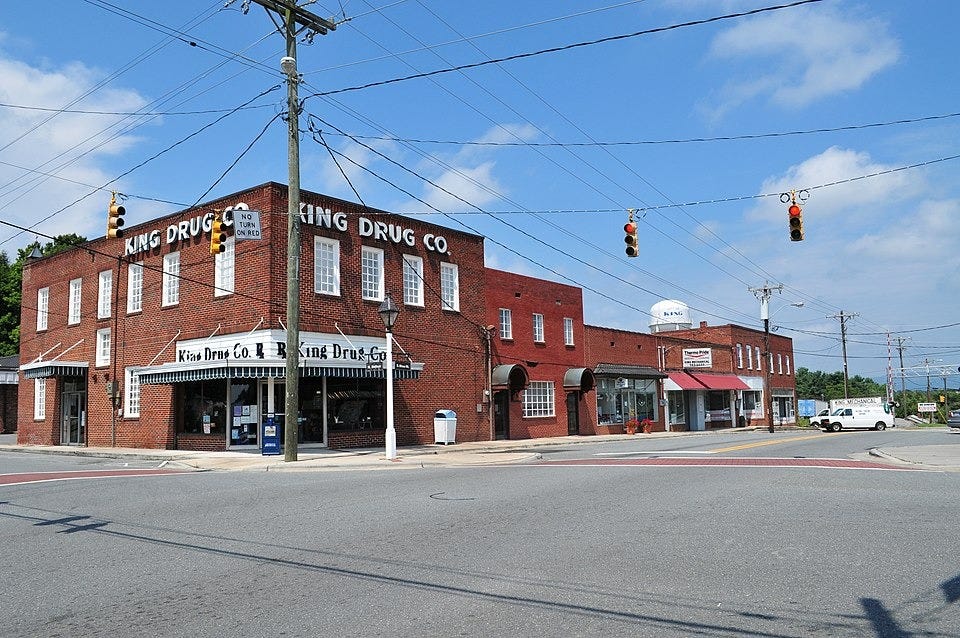Free Trade Isn't Free
Part 1: The Billpayers
I was incredibly privileged to grow up in a time that could be considered an American golden age. Living in the suburbs of a mid size city in North Carolina during the 1990s was like living out a modern Norman Rockwell painting. We had a decent economy supported by tobacco, textiles, and furniture where a bl…



